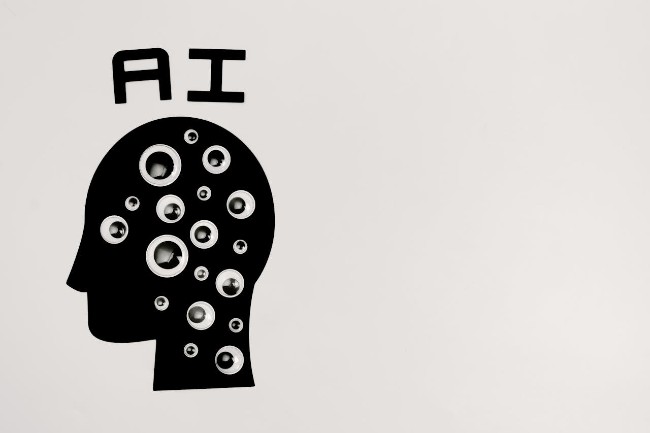Artificial Intelligence (AI) is something that has been mentioned recently within current news stories. It has come a long way since its inception. What once seemed like a futuristic concept, confined to the realm of science fiction, has evolved into a transformative force across industries, reshaping how we work, communicate, and solve complex problems. From simple algorithms to advanced machine learning models, AI is now a driving force behind technological innovation and societal change.
The Early Days of AI: From Dreams to Reality
The history of AI can be traced back to the mid-20th century. The term “artificial intelligence” was first coined by John McCarthy in 1955, and in the years that followed, pioneers like Alan Turing, Marvin Minsky, and others began exploring the idea of machines that could think, reason, and learn like humans. Early AI systems were relatively basic, relying on pre-programmed rules and logic to solve specific problems. These systems could perform simple tasks, such as playing chess or solving mathematical equations, but they were far from being truly intelligent.
The development of AI in these early stages was primarily focused on symbolic AI, which attempted to replicate human reasoning through explicit rules and logical processes. While these early AI models were groundbreaking at the time, they were limited in their ability to handle more complex, unstructured problems.
The Breakthrough: Machine Learning and Deep Learning
Fast forward to the 21st century, and AI has undergone a dramatic transformation, largely due to the advent of machine learning (ML) and deep learning (DL). These approaches have allowed machines to learn from data, rather than relying solely on human-programmed rules. Machine learning, which involves training algorithms to identify patterns and make predictions based on data, is at the heart of most modern AI systems.
Deep learning, a subset of machine learning, has brought about significant breakthroughs in AI. By using artificial neural networks with many layers (hence “deep”), deep learning models can analyse vast amounts of unstructured data, such as images, speech, and text, with a level of accuracy that was previously unimaginable.
For example, deep learning algorithms are now able to recognise objects in images with human-level precision, understand natural language through chatbots and virtual assistants, and even generate creative content like art, music, and text. These advances have propelled AI into a wide range of applications that were once thought to be decades away.
The Future of AI: Unlocking New Possibilities
While AI has already made tremendous strides, we are just beginning to scratch the surface of its potential. As technology continues to evolve, the capabilities of AI will only expand, unlocking new possibilities across a wide range of fields. Here are a few areas where AI could have a profound impact in the future:
1. AI in Education
AI has the potential to revolutionise education by offering personalised learning experiences. Adaptive learning systems can tailor lessons to the individual needs of each student, allowing them to learn at their own pace. AI can also automate administrative tasks, giving teachers more time to focus on instruction. In the future, AI-powered tutoring systems could provide 24/7 support to students, helping them overcome challenges and succeed academically.
2. AI for Climate Change
AI can play a crucial role in addressing climate change. Machine learning models can analyse environmental data to predict weather patterns, monitor deforestation, and optimise energy usage. AI can also help in the design of more efficient renewable energy systems and assist in carbon capture efforts. By leveraging AI, we may be able to better understand and mitigate the impacts of climate change.
3. AI in Space Exploration
As we look to the stars, AI is becoming an indispensable tool in space exploration. AI algorithms are used to analyse data from distant planets and moons, identify potential landing sites for spacecraft, and even assist in the design of autonomous rovers.
The Ethical Considerations of AI
As AI continues to evolve and become more integrated into society, it is important to address the ethical considerations surrounding its development and deployment. Issues such as bias in AI algorithms, and the potential for job displacement are critical topics that must be addressed by policymakers, technologists, and society as a whole.
Ensuring that AI is developed and used in ways that benefit everyone requires thoughtful regulation, transparency, and a commitment to fairness and accountability.
Conclusion: A Brave New World of Possibilities
AI has come a long way from its early days as a theoretical concept to its current role as a powerful tool that drives innovation and transforms industries. With its ability to process vast amounts of data, learn from experience, and make decisions in real-time, AI has the potential to solve some of the world’s most pressing challenges and improve the quality of life for billions of people.
The future of AI is bright, with endless possibilities on the horizon.




